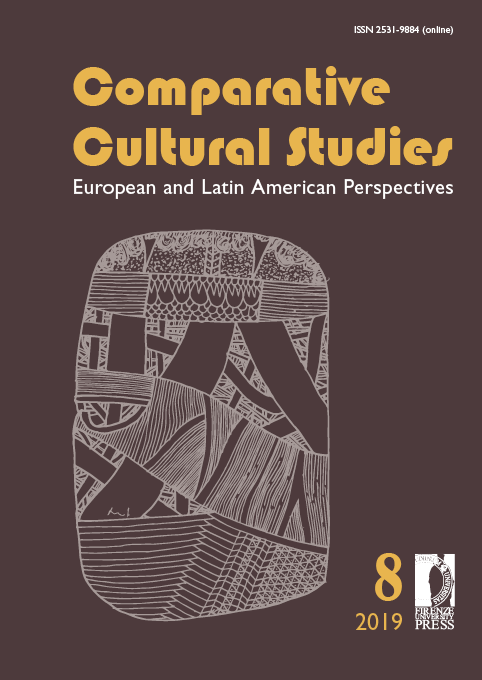Processi di inclusione e di esclusione nelle scuole multiculturali. Un’indagine preliminare nel territorio toscano
Published 2019-12-02
Keywords
- Hate speech,
- multiculturalism,
- interethnic relations,
- inclusive school communities
How to Cite
Abstract
The most important challenge of multicultural societies is to identify new practices to transform the diversity in a learning and inclusive opportunity, thus counteracting the emergence of violent radicalization. Starting from this perspective, the contexts of life - included the scolastic context – require professionals to acquire and develop specific multicultural competences to handle this complexity; the intercultural relations do not always evolve in positive contacts, which can lead to negative attributions towards the “other”, which, perceived as “different”, could lead to hate speech, ostility in the relationship, and violence. For the Italian Schools, which work in highly multicultural context, the above is translated into a double challenge: 1) promoting the mutual identification and the networking with other institutions in the local community, 2) for teachers, facilitating the learning processes for students coming from other cultures and manage interethnic conflicts, which may arise in the classroomes. At this purpose, the present work aims to explore discrimination episodes detected in schools with highly multicultural complexity in order to analyze the practices used by teachers to cope with these episodes and to promote educational settings and inclusive community. The qualitative analysis of the materials produced by participants, allow to detect two main patterns of meaning: the interethnic relationships at schools, the competence of the multicultural teachers. Moreover, the critical reflection on the main themes, which concern the multicultural schools, may promote learning processes based on the experience. The present approach will likely allow to define useful strategies to improve the inclusive process, inside and outside the classes.


